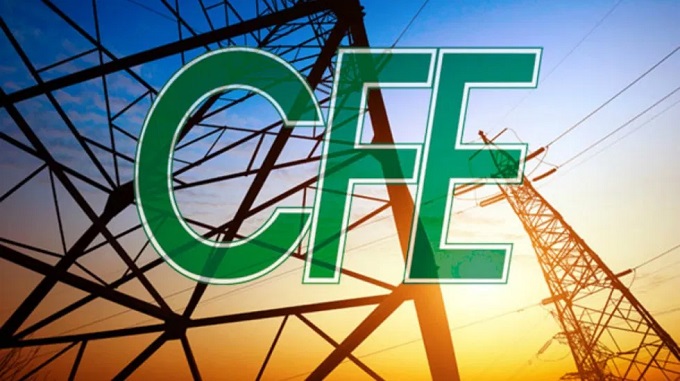A booming economy and extreme temperatures are pushing power grids to the brink across Mexico, a crisis that’s growing worse with each new industrial park and warehouse.
Unless incoming President Claudia Sheinbaum and Luz Elena Gonzalez, her newly appointed energy minister, can do something about it, the excitement over Mexico’s nearshoring boom is headed for a reality check. Many manufacturers want to locate factories closer to the US to reduce their dependence on China, but only if there’s enough electricity. Already, during a longer-than-usual dry season, the country has experienced widespread blackouts.
Sheinbaum, a climate scientist with a PhD in energy engineering, has pledged $13.6 billion in energy investment and said she sees a role for the private sector as a minority partner in expanding wind and solar power generation and modernizing hydroelectric stations. She has also pledged to add gas-burning power plants and invest in transit and port infrastructure, according to a recent speech before Mexico’s Chamber of Business executives.
“Even if Sheinbaum invested all that money in a month or year, it will never be enough,” said Claudia Esteves, executive director of Mexico’s Association of Private Industrial Parks. “Everyone is suffering in some way from a single problem, which is a lack of investment in energy distribution and transmission to ensure a steady supply of quality electricity.”
Doubling the amount Sheinbaum has committed wouldn’t make a dent, according to Grupo Financiero Banorte. According to the bank, the grid needs at least $38 billion to meet demand over the next five years. Mexico’s energy ministry expects power demand to rise as much as 3% this year to 345 terawatts per hour. In the next five years, demand could exceed 400 terawatts per hour, Alejandro Padilla, chief economist at Banorte, said at an industry summit in San Antonio, Texas last month.
Investments are constrained because of what current President Andres Manuel Lopez Obrador did: He changed regulations to cement state control over the oil, gas, and power sectors, stopped public tenders for new energy projects, and set a cap on private sector involvement in power generation to 46%.
Sheinbaum has said she would maintain that practice, which would limit how much private money can help her cause. But she has also suggested tools like public-private partnerships could help.
San Miguel Times
Newsroom

